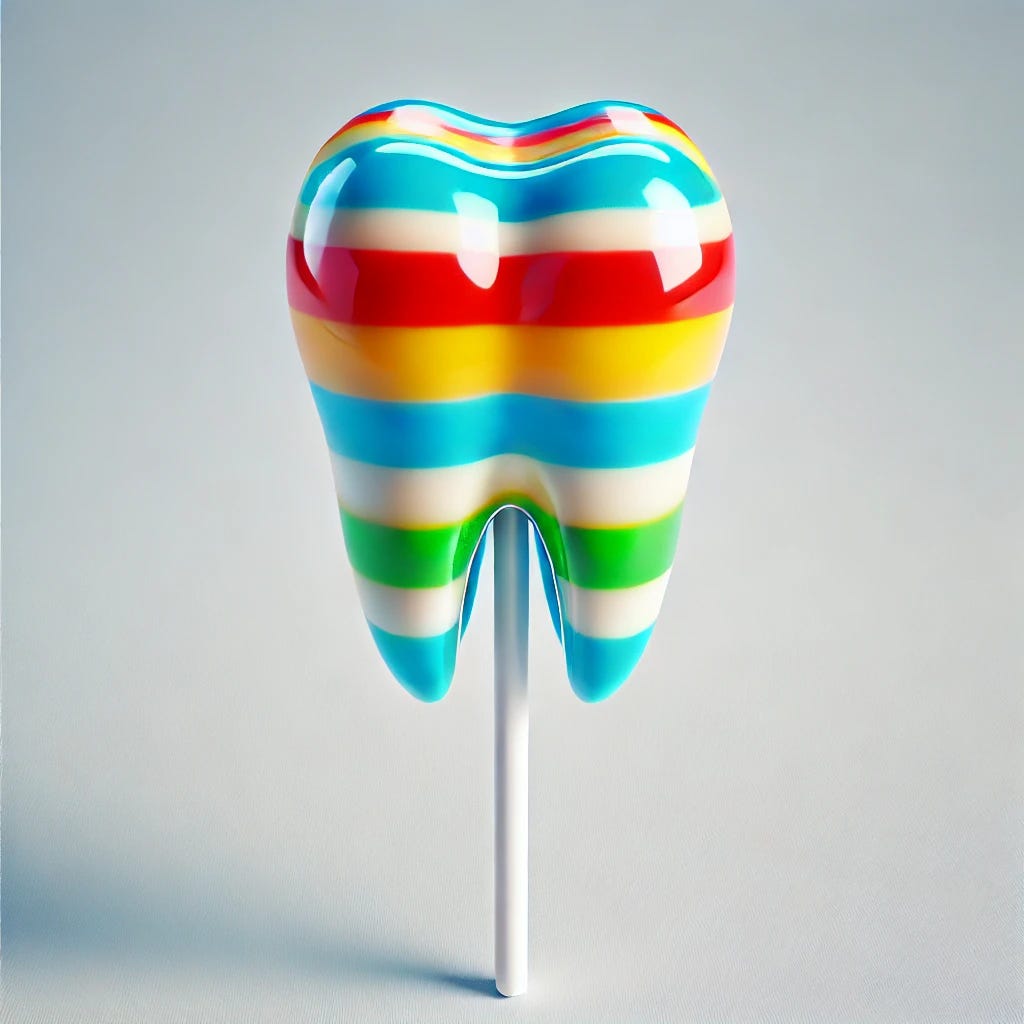Is a sweetener in toothpaste bad for your heart?
If sugar is bad for your teeth, why is toothpaste sweet?
The answer lies in a sweetener called xylitol. Xylitol is a sugar alcohol, a type of low-calorie sweetener that doesn't cause cavities like regular sugar. However, it can have other serious effects, similar to niacin, which can cause heart attacks.
What is Xylitol?
Xylitol (C5H12O5) is the sweetest sugar alcohol. It's naturally found in plants, including small amounts in fruits and vegetables. Xylitol is also used as a sweetener in toothpaste and sugar-free candy, like tooth-shaped lollipops.
The reason for its use is that xylitol doesn't cause tooth decay. In fact, it helps reduce tooth decay. This happens because bacteria in the mouth can't use xylitol for fuel, making them "hungry." If bacteria ingest xylitol, they die because they can't turn glucose into energy anymore.
Xylitol can also help with blood sugar levels since it doesn't contain fructose, which increases insulin resistance and can cause type 2 diabetes. Despite these benefits, xylitol can be harmful to the heart, potentially causing heart attacks, similar to niacin.
How does xylitol cause heart attacks?
Scientists just found out that xylitol can cause blood clots, increasing the risk of heart attacks. This happens because of platelets, the cells that help stop bleeding naturally, like a bandage.
Platelets can also cause blood clots. Xylitol triggers platelet clotting through some unknown receptors.
So, while xylitol is a common sweetener that's tooth-friendly, it can be damaging to the heart. What's even scarier is that even an average amount of xylitol can increase xylitol levels in the body by around a thousand times. This is why we should rethink using sugar alcohols—they can cause problems that might be even worse than sugar.

